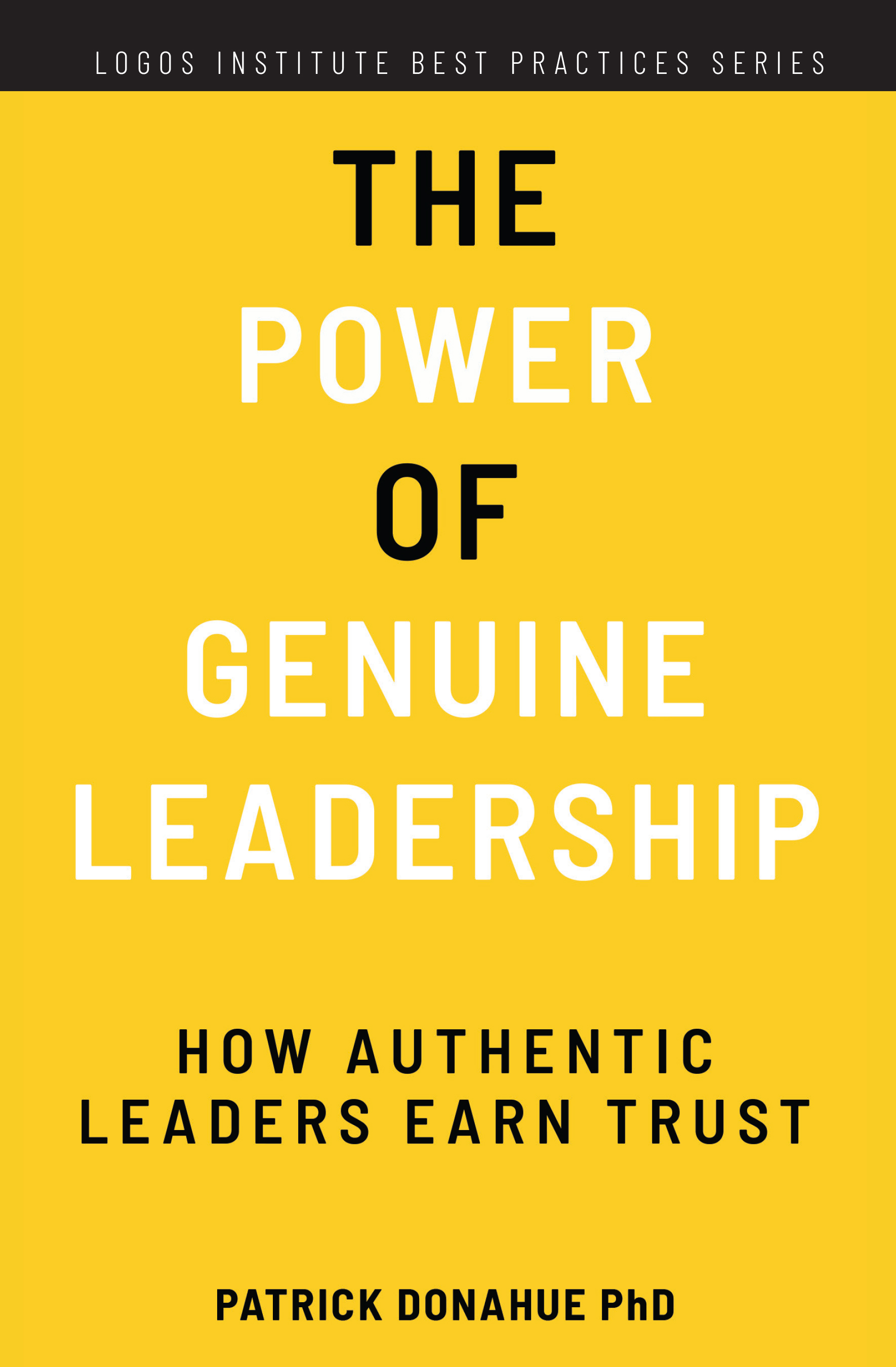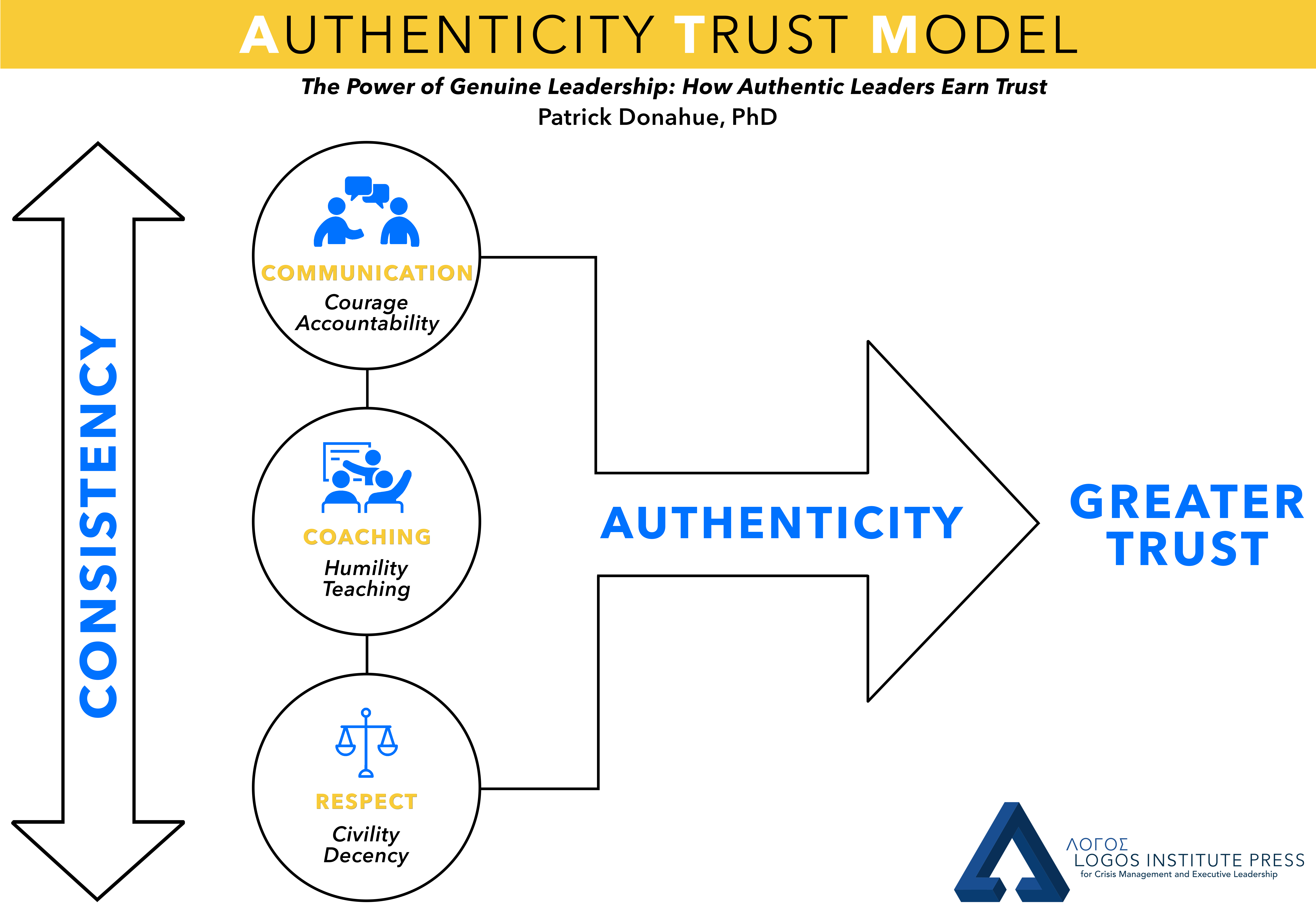This is an excerpt from a guest column by Helio Fred Garcia, originally published on Commpro.biz on January 4, 2021.
The first American case of COVID-19 was diagnosed on January 20, 2020.
Exactly one year later Joe Biden will be sworn in as the 46th President of the United States.
What happened in the United States in between is different from what happened in other developed countries.
Twenty million Americans contracted COVID-19 between the first case and the end of the year.
2020 was the single deadliest year in American history. The first U.S. COVID-19 fatality was on February 6. By year end another 351 thousand Americans had died from the virus. For context, that is more than all the U.S. combat fatalities in World War II and Vietnam combined, but in a single eleven-month period rather than in the 24 years of those wars. For several weeks in December we were seeing the equivalent of a 9/11 casualty rate every day, with total 2020 COVID-19 fatalities equal to 118 separate 9/11 attacks.
Much of this was avoidable. And yet, here we are. So the question is – why did this happen?
Everything Changed
 It was a year that changed everything: what it means to be “at work” or “at school”; how we visit the doctor; how we greet each other; how we shop for groceries and other goods; how we say goodbye to loved ones as they take their final breath.
It was a year that changed everything: what it means to be “at work” or “at school”; how we visit the doctor; how we greet each other; how we shop for groceries and other goods; how we say goodbye to loved ones as they take their final breath.
It was a year of great trauma: medical, emotional, spiritual, economic, social.
And it was a year that saw great sacrifice and some of the best of humanity: in the front-line medical workers, in the agility of many companies to re-imagine their business models and their product offerings, in the emergence of a new class of heroes – postal workers, delivery drivers, and grocery clerks, who risked infection to keep us supplied.
And it was a year that intensified much that had already been fraying in the fabric of American civic life: hyper-polarization in politics, mistrust of each other and of civic institutions, and the shattering of social and political norms.
In the time of the pandemic we saw the explicit elevation and endorsement of white supremacist and conspiracist groups, such as the Proud Boys and QAnon. But also the largest civil rights protest in American history, with more than 25 million Americans marching in support of Black Lives Matter – and this in the days and weeks following the first wave of reopening after two months of stay-at-home orders.
After decades of one party discrediting science – from refusing to accept the reality of evolution, to redefining when human life begins, to denying the reality of climate change – we saw millions of Americans deny what scientists, public health experts, and their own doctors told them: that the virus is real, that it is deadly, that you can transmit it even when asymptomatic; and that masking, distancing, and handwashing are keys to prevention. The American population seemed to divide into those who believe what science teaches and those who choose not to. But as a popular T-shirt and internet meme noted, Science Doesn’t Care What You Believe.
The pandemic coincided with one of the most bizarre and contentious presidential election campaigns in American history, in which despite no evidence of fraud the sitting president refused to acknowledge defeat and lost more than 50 lawsuits challenging the results. And who for the eight weeks between the election and the new year seemed to give up on being president. He stayed out of sight and silent on anything having to do with the pandemic, even as fatalities approached the 350 thousand mark and infections soared to 20 million, and as he rage-tweeted about the so-called “massive fraud” that had prevented his re-election.
But the hardships were real and were devastating. In the weeks before and after Christmas, hospitalization rates reached record highs, with whole regions, including southern California, reporting zero intensive care beds available. At least one Los Angeles hospital started treating patients in the gift shop; another in a cafeteria; yet another in its chapel. But the real shortage was of medical personnel to treat the record number of patients. Doctors began talking about the need to choose which patients to treat, and which to leave to die.
The nation saw the infection rate grow by a million cases every few days. And despite pleas from public health officials and hospital front-line workers, Americans continued to travel for the holidays, risking what health workers called a surge on top of a surge. And some governors refused to require citizens to wear masks in public. Florida’s governor even forbade Florida cities and counties from requiring masks and social distancing in their jurisdictions. And the White House, the State Department, and other federal agencies held dozens of holiday parties indoors and without a masking requirement: yet more super-spreader events.
Incompetence
It did not need to be this way.
Much of the suffering, the hardship, the sacrifice could have been avoided. It resulted from a lethal combination of incompetence, dishonesty, and neglect.
The United States, alone in the world, intentionally refused to follow or mandate basic public health steps: a national masking, distancing, testing, and contact tracing policy. There was no whole of government response; at best there were fragments of government responses. And some parts of the government seemed to be at war against other parts. Indeed, some parts of government seemed to be at war against themselves, such as the White House Pandemic Task Force, where in a single press conference the politicians would contradict the public health experts, and vice versa.
The president and other senior government officials modeled the opposite of the public health guidelines, remaining unmasked in public and holding super-spreader events where the crowd was unmasked and packed close together – in violation also of local masking and distancing ordinances.
Continue reading here.

 It was a year that changed everything: what it means to be “at work” or “at school”; how we visit the doctor; how we greet each other; how we shop for groceries and other goods; how we say goodbye to loved ones as they take their final breath.
It was a year that changed everything: what it means to be “at work” or “at school”; how we visit the doctor; how we greet each other; how we shop for groceries and other goods; how we say goodbye to loved ones as they take their final breath.
